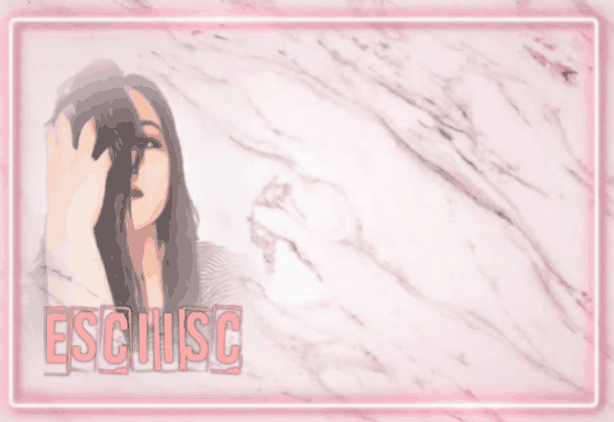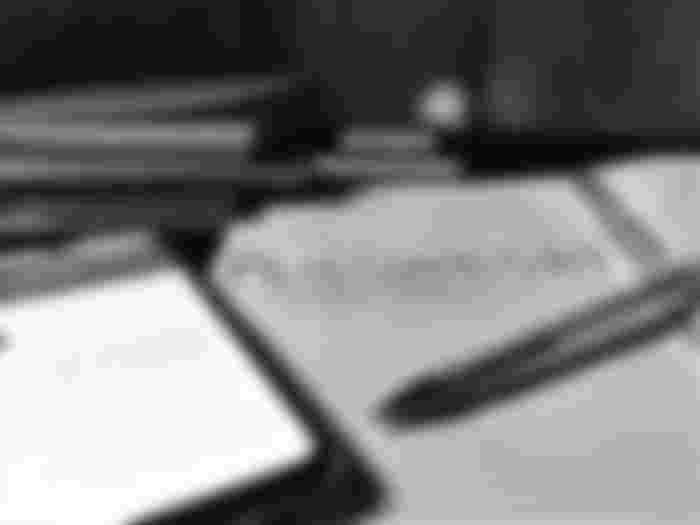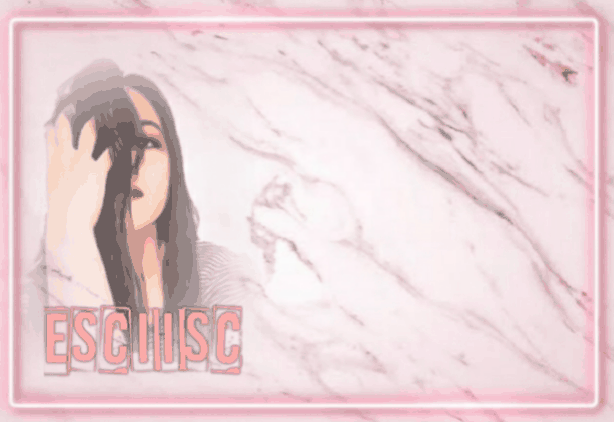"I'm a victim of plagiarism."
It never occured to me that I'll utter these words one day. But here I am writing this article because I just found out that I'm actually a victim of plagiarism. Thanks to @M3i for raising awareness about this issue.
On the first of September I wrote an article entitled 'The Art of Teaching Deaf and Mute' and submitted it as an entry for @Jane's art contest. But apparently someone stole my article and posted it on operanews.com. To be honest, I was flattered when I found out that someone plagiarised my article because it seems like I'm a good writer lol. But eventually, I'm disappointed because that person didn't even gave proper credits to me. He stole not just my ideas but my pictures as well!

Nowadays, it is very easy to access information because of the wide scope of the internet and it makes the ideas of genuine writers vulnerable to plagiarism.
What is Plagiarism?

Plagiarism is the act of copying words and ideas without giving proper credits to the original writer or author. Books, speeches and blogs are prone to plagiarism.
In 1997, President Fidel V. Ramos signed the Republic Act 8293 which is also known as Intellectual Property Code of The Philippines. This aims to protect intellectual properties and punish those who are found to be irresponsible in using intellectual properties. But despite having this law, there are still a lot of committed plagiarism acts because according to my research, no one's been put to jail for plagiarism. Most of the time, when someone makes a public apology and admits that he/she plagiarised something it's enough already.
How To Avoid Plagiarism
Plagiarism is a serious issue. And one of the rules of read cash is to write original contents and avoid plagiarism.
Here are some of the tips that can help to avoid plagiarism:
Quote your sources or use quotation marks. It is very easy to use or add quotation marks to what we write so utilize the quotation symbol.
Always acknowledge and give proper credits to the original writer. Our personality and being will never be diminished if we admit that we used some sources for what we wrote. It will even add to our credibility as a writer and our readers will have the confidence and trust in us because we have basis for our works.
Research and paraphrase. If you plan to write something do a research first. Read about related articles and understand it. And when it's the time for you to write, don't look at the articles that you've previously read. Just try to remember the ideas retained in your mind and paraphrase it. Present the ideas in your own words.
Always add watermarks on your photos and images. This is a tip for those who uploads original images on the internet because it is very easy to download pictures and images nowadays. This is a reminder for myself too because I always forgot to put watermarks before I upload something.
Always remember that plagiarism is stealing and it is done by lazy people!




Really youu explained the real things about plagiarism.
Plagiarism is the act of copying words and ideas without giving proper credits to the original writer or author. Books, speeches and blogs are prone to plagiarism.
In 1997, President Fidel V. Ramos signed the Republic Act 8293 which is also known as Intellectual Property Code of The Philippines. This aims to protect intellectual properties and punish those who are found to be irresponsible in using intellectual properties. But despite having this law, there are still a lot of committed plagiarism acts because according to my research, no one's been put to jail for plagiarism. Most of the time, when someone makes a public apology and admits that he/she plagiarised something it's enough already. I read your every line.Good explanation dear.Thanks for this nice articles.